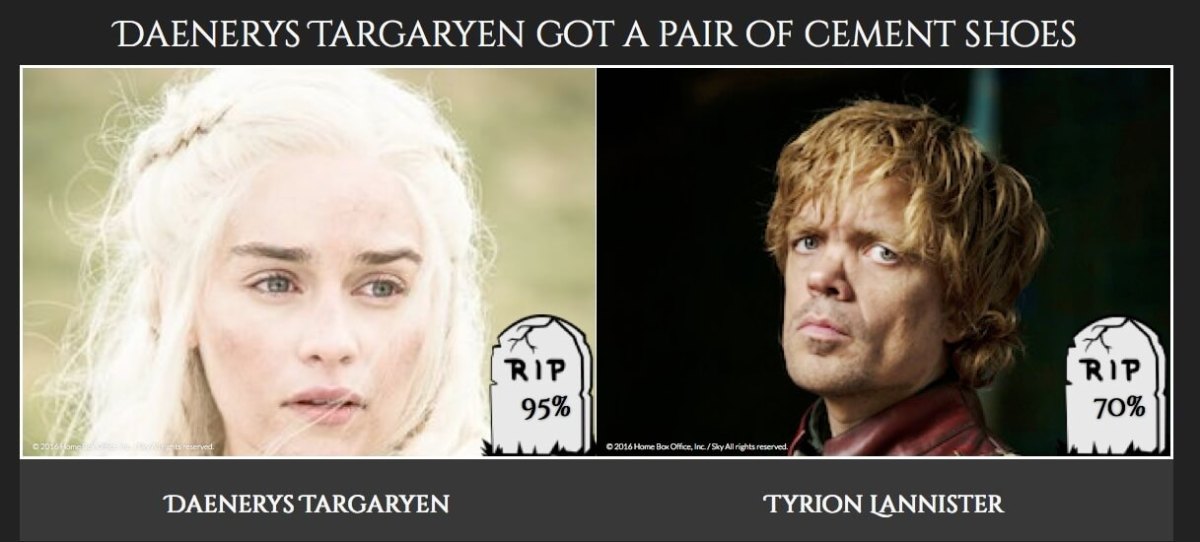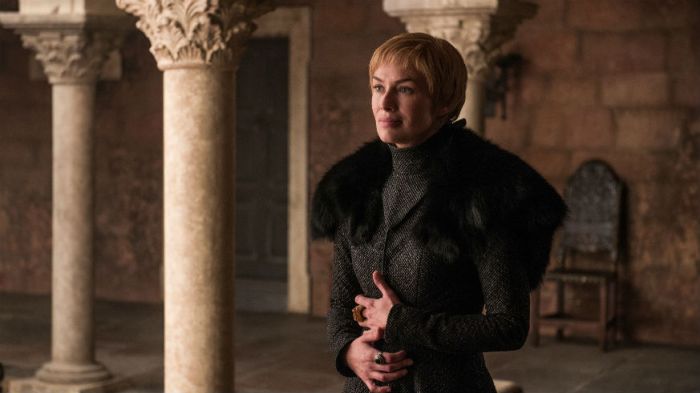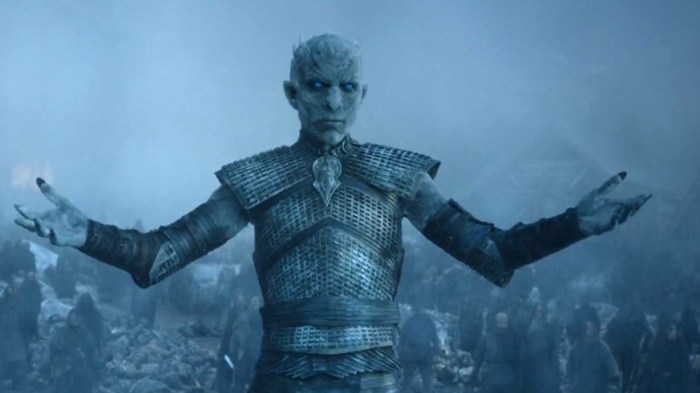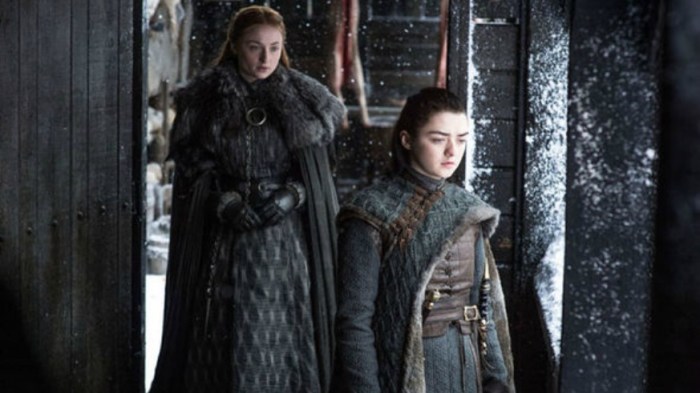Spoiler alert: we can tell you who’s next to die in the new season of “Game of Thrones.”
No, we’ve not managed to get our hands on the script but we are privy to a new computer algorithm that predicts which character is next on the hit list. Researchers from the Technical University of Munich, Germanyuse software to scour the internet for data and clues to work out who is next to be bumped off. According to the experts, the algorithm has already accurately predicted 74 percent of the deaths in both the TV series and books. So who’s next for the chop? The sinister Ramsay Bolton has a 64 percent likelihood of death, while Petyr Baelish — aka Littlefinger—should be very concerned with a whopping 91 percent chance of being culled. And perhaps, most worryingly for fans, Daenerys Targaryen has a 95 percent probability of disappearing from series six. RELATED:Geek Girl in Hollywood: Can you keep spoilers out of the press? Metro chats with the team—Guy Yachdav, Christian Dallago and Tatyana Goldberg—behind the algorithm to find out who should be watching their back.
Why did you decide to create this algorithm?
Yachdav: I am a devoted fan of the “A Song of Ice and Fire” book series as well as of the “Game of Thrones” TV show. As many fans know, the author said in many interviews that we should not get too attached to the characters of the story, because they may be killed at any time—even the main ones. I wondered if there is a way to predict which of them are in danger and which are relatively safe. Our research group tried to answer questions such as, “How do changes in our DNA lead to cancer?”—using advanced algorithms and data. In this project, we use the same approaches.
Can you explain the formula?
Goldberg: We collected our data from a fan site called A Wiki of Ice and Fire. The information there is based on books and gives details about 2,028 characters. For each of those characters, we collected information about the character’s age, gender, marital status, which book or books it appeared in and whether their spouse is dead or alive. Overall we looked at 24 such properties that may determine who might be eliminated. For instance, we found that if a character’s mother is dead, it increases the likelihood that he or she will die. RELATED:So about all that Jon Snow speculation… Which of your predictions have been correct thus far?
Dallago: In the first episode of season six, the two main characters—Doran Martell, who was the Prince of Dorne and his son and heir Trystane Martell—were killed off. Our algorithm predicted a likelihood of death for Doran of 82 percent and even higher for Trystaneat90 percent. So we can safely say that we “warned” people that these two characters were in real danger. What characters are most likely to die in the sixth season?
Goldberg: Our website shows a list of the top five characters that are at the highest danger of being eliminated. This lists contains some surprises and even the name of a character who we hope we are very much wrong about. At the top of this list is the current boy king Tommen Baratheon, with a predicted likelihood of death of 97 percent. This is not really surprising considering that he lost each of his siblings in the past two seasons. Were you able to predict the return of Jon Snow?
Yachdav: Jon Snow’s predicted likelihood of death is 11 percent, which is extremely low. But his survival chances are 89 percent, which in “Game of Thrones” is as good as being immortal. We were very sure that Jon would survive and were not surprised to see him waking up in the last episode. Could you use this algorithm for other shows?
Yachdav: We are definitely thinking about using the algorithm to answer interesting questions about the stories told in our favorite books, movies and TV shows. Fans often try to speculate where the story is going to take them next. For instance, we would like to investigate some questions about “Star Wars” and “The Walking Dead.” By harnessing the power of science to take a closer look at the data, we can present fans with interesting and fresh new angles to consider. – ByDaniel Casillas
Algorithm predicts who will die next in ‘Game of Thrones’

Courtesy of Technical University

















